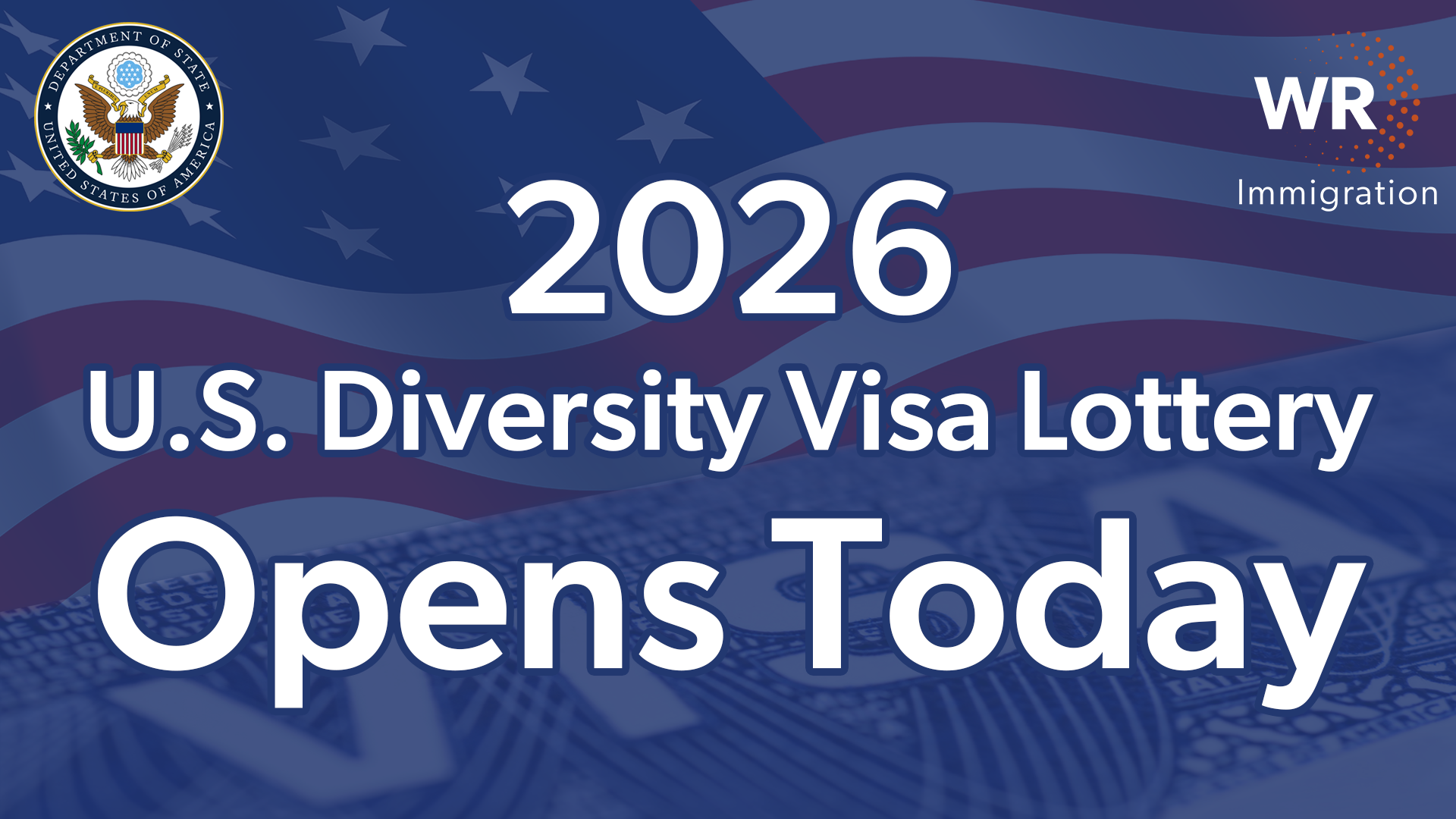The Diversity Immigrant Visa Program (DIVP) is a government lottery program that offers a straightforward path to obtaining U.S. Permanent Residence (green card). This program allocates 50,000 visas annually to applicants from countries with low rates of immigration to the United States and specific education qualifications.
The registration period for the FY2026 U.S. diversity visa (DV-2026) program opens on October 2, 2024, and closes on November 5, 2024.
Who Can Apply for the Diversity Immigrant Visa Program?
To be eligible for the Diversity Immigrant Visa Program, you, your spouse, or your parent must have been born in a country that sent less than 50,000 immigrants to the United States in the previous five years. DOS publishes a full list of the eligible countries on its website.
For the 2026 program, the following countries are not eligible to apply for DIVP due to high rates of immigration to the United States:
- Bangladesh
- Brazil
- Canada
- The People’s Republic of China (including mainland and Hong Kong born)
- Colombia
- Cuba
- Dominican Republic
- El Salvador
- Haiti
- Honduras
- India
- Jamaica
- Mexico
- Nigeria
- Pakistan
- Philippines
- Republic of Korea (South Korea)
- Venezuela
- Vietnam
- Natives of Macau SAR and Taiwan are eligible.
In addition to the nationality requirements, applicants must possess at least a high school diploma or its equivalent; or two years of work experience in an occupation that requires at least two years of training or experience. The Department of State uses the Department of Labor’s O*Net Online system to determine work qualifying work experience.
Non-U.S. residents seeking to obtain a green card from an eligible country may apply regardless of whether they live in the United States or abroad. This includes foreign workers who are waiting to obtain a green card through the labor certification program.
If you’d like to learn more about the U.S. Diversity Lottery, contact your WR Immigration attorney for guidance.


